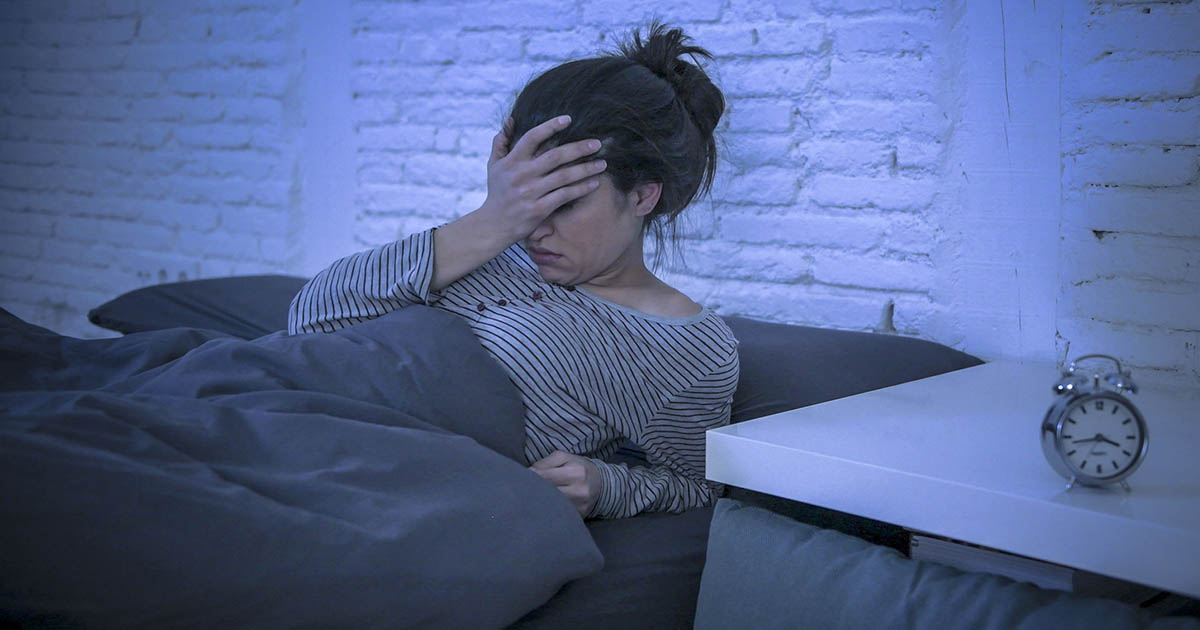Things Everyone Should Know About Dysthymic Disorder
Prevention

While there is no real way to prevent dysthymic disorder, early intervention and patient education are the best tools to prevent negative health outcomes and increase quality of life. Since the disorder often begins in childhood, it is especially important for parents to observe their children for psychosomatic symptoms of depression. These include trouble sleeping and interpersonal dysfunction. What could be perceived as shyness or trouble adjusting to a new bed could be indicative of the effects of stress on a child's developing brain. Fostering an environment of communication, and learning constructive forms of coping and problem solving, can also reduce rates of comorbidity and mortality.
Complications Of Dysthymia

There are several potential complications linked to dysthymic disorder. Since affected individuals struggle to enjoy themselves or experience positivity, their overall quality of life is reduced. They may also stop taking care of themselves in terms of mental self-care, basic hygiene, and upkeep of relationships. Dysthymic disorder predisposes individuals to develop anxiety disorder, major depression, or other mood issues. Some individuals begin abusing substances like alcohol and drugs to cope with their feelings. The condition can lead to familial conflicts and difficulties in relationships. It can also make the ability to focus harder and cause individuals to feel less motivated, which leads to problems in work and school. Their productivity may decrease. There is a high comorbidity rate between dysthymic disorder and chronic pain. Any type of depression raises the risk of suicidal thoughts or actions.
